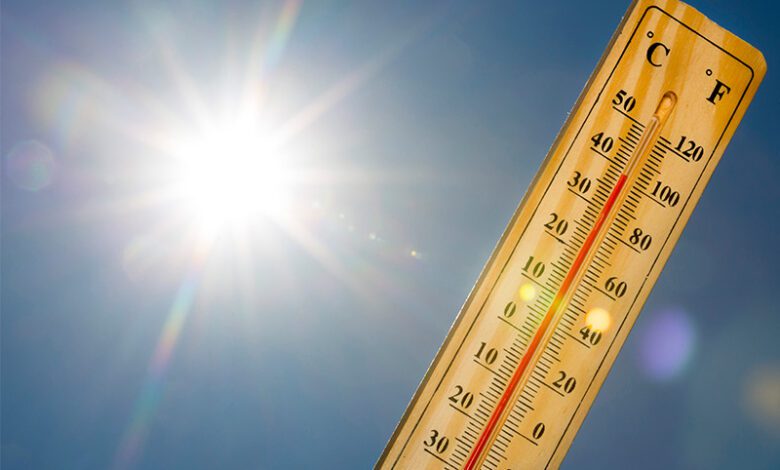Study finds 70,000 excess deaths in Europe in 2022 due to extreme heat
Europe faced a devastating toll in 2022 as extreme heat claimed an estimated 70,000 lives, with rising temperatures posing a broader threat to mental health and infectious diseases. Urgent climate action is imperative

According to a recent estimate, 70,000 more people may have died in Europe in 2022 as a result of the intense heat. The researchers from the Barcelona Institute for Global Health (ISGlobal) modified their methodology for calculating heat-related mortality and subsequently altered their initial estimate of 61,000.
The researchers said that although they were now depending on daily data, the prior framework had taken into consideration weekly data. The daily temperature and mortality data from 147 areas across 16 European nations form the basis of the new framework.
The EU’s earth observation program, Copernicus, reports that 2022 will go down in history as Europe’s second-hottest year, with summer temperatures reaching 1.4C above normal and temperatures about 0.9C above average.
Europe is warming twice as quickly as the world average since the 1980s, according to a joint statement from Copernicus and the World Meteorological Organization (WMO).
“The record-breaking heat stress that Europeans experienced in 2022 was one of the main drivers of weather-related excess deaths in Europe,” said Dr Carlo Buontempo, the director of the Copernicus Climate Change Service in a June statement.
“Our current understanding of the climate system and its evolution informs us that these kinds of events are part of a pattern that will make heat stress extremes more frequent and more intense across the region,” he added.
Heat-related fatalities are expected to occur every year.
In July, experts from ISGlobal and Inserm had already predicted that by 2030, there might be up to 68,000 additional fatalities in Europe due to heat.
The number may increase to 94,000 by 2040 if international governments do not take drastic action to reduce carbon emissions.
“Improvements in house quality, ventilation, insulation, and more intelligent city planning are also present.” According to Joan Ballester Claramunt, an ISGlobal researcher, “these and many other tools are tools at various different levels that could be implemented to reduce to increase resilience and reduce the impacts.”
Although mortality is a crucial metric for evaluating the effects of climate change and rising temperatures, this data leaves out a lot of information. The environment and the climate have a deep impact on human health, and climate change is expected to have a major detrimental influence on both. Stressors related to climate change would exacerbate the world’s already serious difficulties with access to enough food and water, which currently affect billions of people, and increase the risk of foodborne and waterborne illnesses. Since a warmer climate makes many places, including significant portions of the United States, more friendly to the mosquitoes that transmit them, infectious illnesses like malaria, yellow fever, Zika, and dengue fever are at risk of spreading to new parts of the world.
Spillover occurrences for viral threats such as coronaviruses, Ebola, Marburg, and Nipah—as well as an unidentified “Disease X”—will become more likely with the destruction of important ecosystems. Numerous health issues, including an elevated risk of heart disease, cancer, mental health issues, and an increased susceptibility to infectious diseases, are associated with air pollution. There’s growing evidence that the effects of climate change extend to mental health. Significant weather events expose more people to traumatic events that can be upsetting and increase the risk of conditions like depression, substance use disorders, and PTSD, for example. The severity of the climate crisis is also contributing to an increase in reports of “climate anxiety” among children and younger people.
greater temperatures have been connected to an increase in suicide and suicidal behavior as well as a greater hospital attendance rate, which suggests that even higher ambient temperatures may be detrimental to our mental health.
You might also be intersted in – Lancet study warns of potential fivefold increase in yearly heat-related deaths



